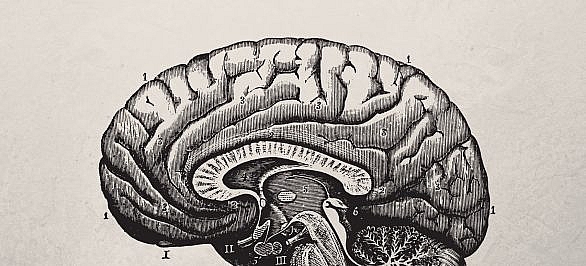Behaviorism: All actions are taught by contact with the environment through a process known as conditioning, according to behaviorism, also known as behavioral psychology. As a result, behavior is nothing more than a reaction to external stimuli.
Merely observable stimulus-response behaviors are of interest to behaviorists as they can be researched in a systematic and observable way.
In 1913, John Watson published an article titled “Psychology as the Behaviorist Views It,” in which he outlined a number of basic assumptions
…

